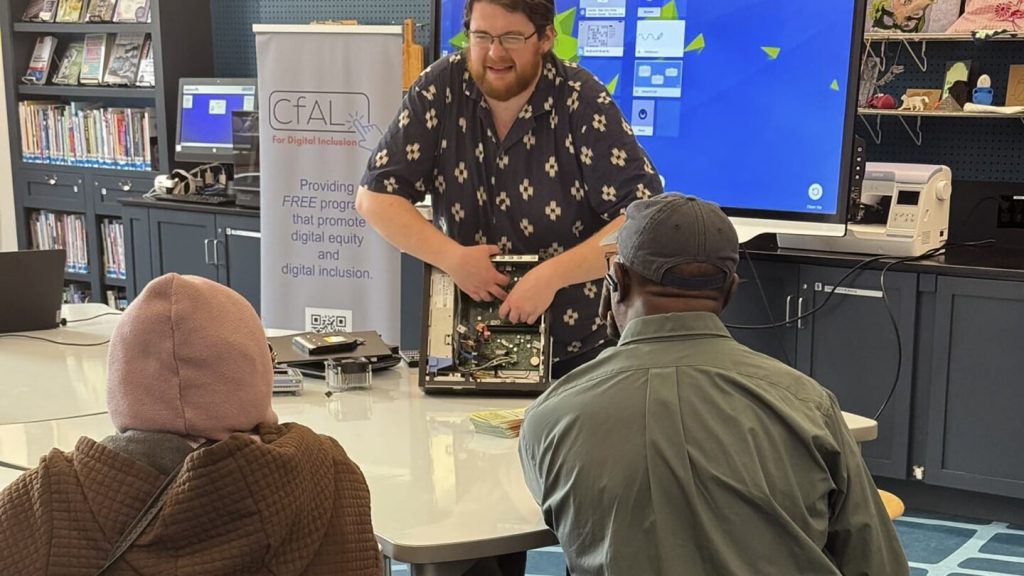States Boosting Tech Skills to Prepare Workers for AI Future

As artificial intelligence (AI) gains a foothold in the workplace, U.S. states are stepping up to ensure workers are not left behind in the tech revolution. From online AI academies in Connecticut to legislative measures in California, there’s a growing emphasis on tech training. The aim is straightforward: arm citizens with the skills needed to thrive in an AI-driven world.
Meanwhile, organizations like the CfAL are underscoring the importance of basic computer skills alongside more advanced AI training. Striking a balance between foundational digital literacy and cutting-edge AI proficiency is critical for bridging the digital divide and empowering the workforce. States are not just focusing on the immediate implementation of AI technologies, but also on the broader implications and necessary preparations to adapt successfully.
States Step Up Tech Training Efforts
States across the U.S. are stepping up efforts to enhance tech skills among their residents as the workplace increasingly relies on generative AI. Recognizing the rapid evolution of AI, Connecticut is developing an online academy to help citizens learn skills needed for the workforce. This initiative aims to provide basic computer skills along with AI literacy.
Focus on Generative AI
Generative AI is transforming how jobs are performed. Some suggest that instead of focusing on how AI works, training should emphasize how to use and manage these new tools. Gregory LaBlanc from Berkeley Law School argues that workers need to complement AI, not imitate it, by focusing on creativity, empathy, and problem-solving.
Legislation to Integrate AI in Education
Several states, including Connecticut, California, Mississippi, and Maryland, have introduced bills addressing AI in education. These proposals range from online AI academies to incorporating AI concepts in school curriculums. Assemblymember Marc Berman from California underscored the need for students to understand AI’s implications and applications to better prepare for an AI-driven future.
Digital Literacy Remains Crucial
The challenge, however, is ensuring everyone has access to the necessary resources. In some communities, access to high-speed internet and modern devices is still limited, which exacerbates the digital divide.
Economic and Social Implications of AI
A report from McKinsey and Company highlighted that while AI could significantly boost household wealth, it might also widen the wealth gap. This underscores the importance of inclusive training programs to ensure all demographics benefit from these advancements.
Community Efforts to Bridge the Gap
However, there is still much work to be done. Many households, particularly those with lower incomes, struggle with access to both the internet and modern technology. This lack of access can hinder individuals from taking advantage of educational programs and employment opportunities.
The Role of Education
Tesha Tramontano-Kelly from CfAL, however, cautions against rushing into AI training without addressing fundamental issues. She points out that many individuals, especially in underserved communities, lack basic digital resources like computers and internet access.
Looking Forward
The future of work is rapidly changing, and it’s crucial for educational and community programs to adapt accordingly. By providing comprehensive training and ensuring access to necessary resources, states can help bridge the digital divide and prepare their residents for an AI-driven world.
The rapid integration of AI in the workplace demands proactive measures to ensure no one is left behind. States are focusing on expanding access to both fundamental digital literacy and advanced AI skills. Community efforts are equally vital, aiming to bridge the digital divide and provide resources necessary for workforce adaptation.
The balance between teaching AI-specific skills and maintaining basic digital literacy is crucial. With comprehensive education, accessible resources, and community support, the workforce can be well-prepared for an AI-driven future.





